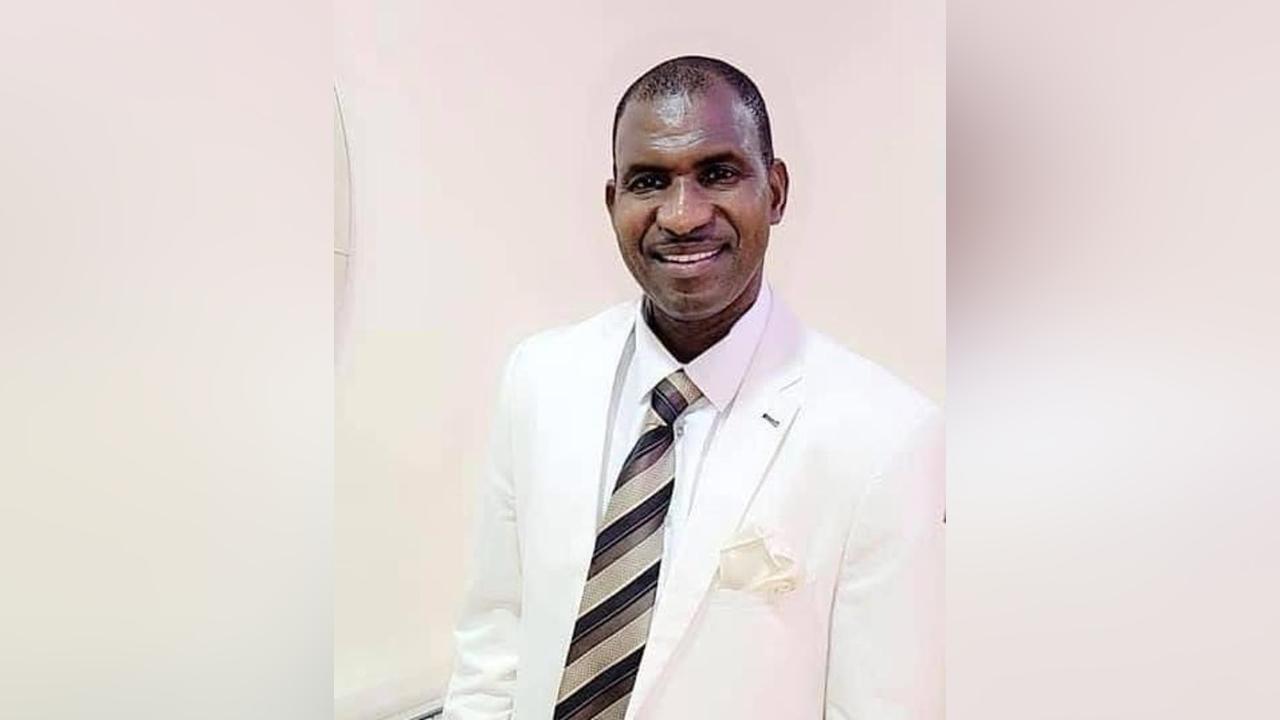Africa-Press – Gambia. Demba Baldeh, a Gambian living in metropolitan Seattle in the United States, is mobilizing the Gambian Diaspora to demand respect for their contributions to the nation and to push for critical reforms, including the right to vote and a new constitution. Baldeh’s remarks came during the Kerr Fatou Diaspora Forum held in Seattle.
In a passionate speech, Baldeh stressed that governments, both at home and abroad, only grant the rights and respect that citizens demand. He emphasized the need for Gambians to assert their worth and push for changes that will improve their country’s governance and political structure.
“I just want to make it very clear, government everywhere in the world would not give you anything that you did not demand,” Baldeh declared. “We have to demand to be respected as Gambians, we have to demand that our contribution to the Gambia means a lot. We have to stand up for it.”
He made it clear that the movement would be non-partisan, as he believes political divisions in the country hinder progress. Instead, the focus would be on uniting Gambians in their shared interests.
“And we’re taking up a new project, mobilizing Gambians based on diaspora voting and a new constitution. So we’re inviting all Gambians. It’s not based on partisan politics, because politics is what divides us,” Baldeh said.
The initiative is not limited to electoral rights. Baldeh also expressed deep concern over rising crime rates, corruption, and the inefficiencies at the Gambia Ports Authority, which he described as indicative of broader systemic problems. He shared a personal anecdote about his experience at the port, pointing out that while Gambian workers had struggled to clear the port, citizens from other countries had accomplished the task in just two months without new equipment.
“Things like diaspora voting, things like a new constitution in The Gambia, things like what is happening in the Gambia, the crimes, the lootings, and the corruptions. You look at what is happening in the port by now, in less than two months, other citizens come from another country, and then they’re able to clear the port, all the backlog. I was there two years ago when I shipped a car over there, I saw hundreds of containers. There was only one lift that was pulling down the containers. In less than two months, other citizens from another country came in without new equipment and they cleared everything. That is supposed to be a lesson for us Gambians, that we’re holding ourselves back. We are a victim of our own doing. Our people, our citizens, were operating that port for years,” he said.
Baldeh also took aim at the Gambia Revenue Authority (GRA) for its recent celebration of meeting it revenue collection targets. He argued that the agency had set its expectations too low, as it should have been able to collect more than D30 billion. He pointed to the inefficiencies at the ports and questioned whether the GRA was truly working in the country’s best interests.
“GRA is supposed to collect more than D30 billion but they set the expectation so low. Where is all the money that was coming from the port? This is an embarrassment to those who were managing the port. Those who were managing the port, there was running water right there at the port. There’s the river Gambia, the ocean right there. You cannot even get running water for the toilets. Do we really, like ourselves? Do we really love our country? Because this is us that are supposed to be responsible for what is happening in that country,” he said.
Baldeh also addressed the National Assembly’s recent decision to reject the Diaspora’s right to vote. He reminded listeners that this right is already enshrined in the Gambian constitution. The issue lies not in the constitution, he argued, but in the failure of political leaders to implement the necessary structures and laws to facilitate the Diaspora’s participation in elections.
“The National Assembly voted to deny the diaspora. By the way, our right to vote is guaranteed by the Constitution. It is there. It’s a matter of our citizens having the political will to implement. Section 14, they can take it out. It doesn’t affect anything. In fact, what section 14 does, is that it gives them the responsibility to demarcate the diaspora as the eight constituents so that we can vote. It’s for them to legislate, and put together structures and laws to say, IEC, this is how we are supposed to operate. This is how we are supposed to register the Diaspora. They’re supposed to put those laws together. But they failed. But you know what? Are you surprised? With the caliber of people you see in the National Assembly? Are you surprised? But are you going to blame them for being there? Absolutely not,” he said.
For More News And Analysis About Gambia Follow Africa-Press






